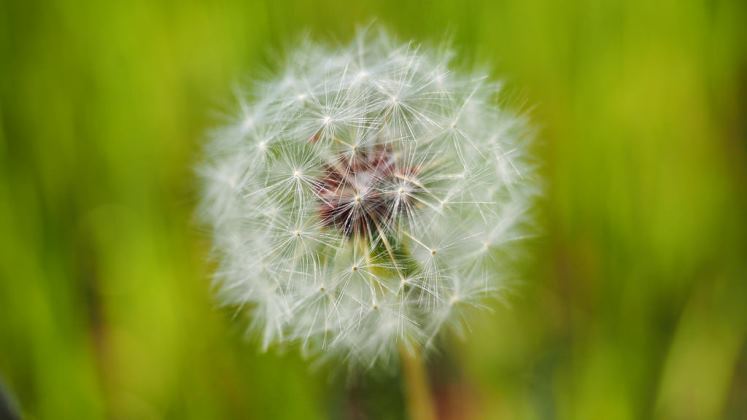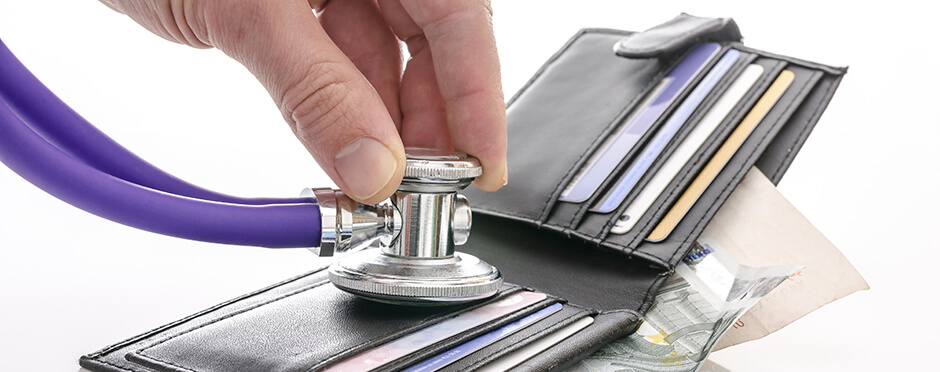
Health and wellness March 1, 2020 By
Welcome to Spring…aka Allergy Season!
Spring brings more than April showers and May flowers. Say hello to sneezing, running nose, itchy and watery eyes caused by pollen, mold and other allergens. Allergies are one of the most common health conditions, affecting one out of every five Americans (WebMD). Allergy symptoms range from making you miserable to putting you at risk for life-threatening reactions. According to the American Academy of Allergy Asthma & Immunology (AAAA), an allergic reaction begins in the immune system that normally protects your body from invading organisms that can cause illness. When this harmless substance invades the body, your immune system produces antibodies and travels to cells that release histamine and other chemicals, causing an allergic reaction.
There are many types of allergies and allergy triggers, such as:
- Pollen — Trees, flowers and grass send tiny bits into the air called pollen. Pollen and mold spores, increase as temperatures start to rise in the spring.
- Food allergies — Many people are allergic to the sulfites found in some foods as well as peanuts, tree nuts, eggs, shellfish, cow’s milk and soy products. Reactions to these foods can sometimes cause problems breathing, anaphylaxis (respiratory shock), and in extreme cases, death.
- Perfume and cologne — For people who suffer from fragrance allergies, just being near someone can set off an allergic reaction. This can range from swelling in the sinuses and throat, to asthma attacks. Those affected are irritated by the chemicals rather than allergic to them. The only way to prevent this is to stay away from these products as much as you can.
There is no cure for allergies, but there are medications - both over-the-counter (OTC) and prescription – to help ease symptoms. Here are some simple steps you can take to limit your contact with the things that may trigger them, including:
- Keep track of pollen and mold levels in the air and try to stay indoors when levels are high. Keep the windows closed in your house and car, and use air conditioning, which cleans, cools and dries the air.
- Try not to hang sheets or clothes outside to dry since pollen can stick to the fabric.
- Cover your mattress, box spring and pillows with plastic or allergen-proof covers.
- Be on the lookout for mold. Discolorations and musty smells can be signs of mold. If you find mold, clean it with one cup of bleach to five gallons of water.
- Have a "no smoking" rule in your home and stay away from cigarette smoke in other places.
- Read food labels closely and stay away from foods when nutritional information is not given for them.
- Try not to use detergents, air fresheners, fabric softeners, perfumes or lotions with fragrances in them.
Additional Sources:
Asthma and Allergy Foundation of America
Mayo Foundation for Medical Education and Research
U.S. Food and Drug Administration




